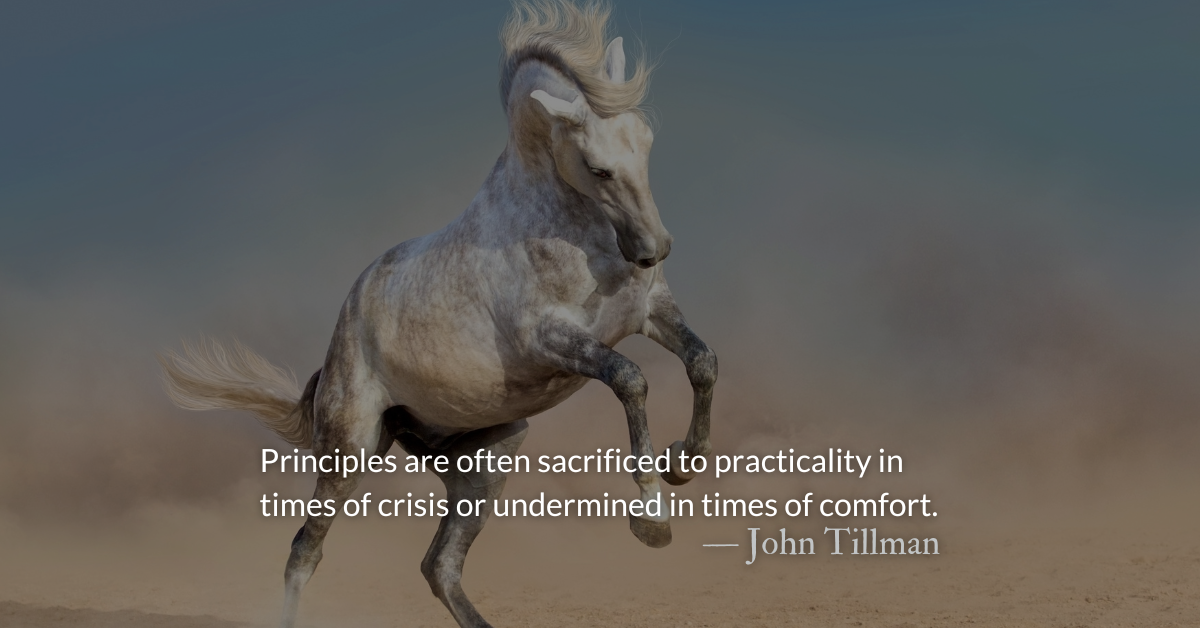Scripture Focus: Isaiah 32:5–7
5 No longer will the fool be called noble
nor the scoundrel be highly respected.
6 For fools speak folly,
their hearts are bent on evil:
They practice ungodliness
and spread error concerning the Lord;
the hungry they leave empty
and from the thirsty they withhold water.
7 Scoundrels use wicked methods,
they make up evil schemes
to destroy the poor with lies,
even when the plea of the needy is just.
Reflection: Dethrone the Fool
By Erin Newton
One of the loneliest places in Christianity is when you see people for who they truly are—behind the façade of popularity, past the echoes of flattering lies—but no one else does. I remember the moment the image of a particular religious leader changed in my mind from a respected mentor to the lying deceiver he is. Since that realization I have been aghast at those who cannot see what I see. He is a scoundrel still highly respected, a fool called noble.
This chapter in Isaiah is a glimmer of hope. Wicked leaders who oppress the poor, the needy, and the vulnerable will be unmasked. The community will label fools and scoundrels as they truly are, not as they wish to see them.
Spotting a fool seems like an easy task. I think we assume fools are blatantly foolish—maybe the daredevil who skydives without a parachute or the person who jumps into shark-infested waters. We sometimes equate foolishness with people who engage in risky behaviors. In some ways, their foolishness harms mostly themselves with only occasional outward consequences. Isaiah sees foolishness as a poison that infects the community.
Fools speak folly. But not just words that sound ridiculous, fools speak words that spread error. Their words are convincing enough that people latch on to the disguised foolishness and then repeat the words themselves. What do we call ourselves when we continue to spread the rhetoric a fool is peddling? We risk being fools ourselves.
These foolish words that spread error promote the neglect of the hungry and the thirsty. Foolish words harm the vulnerable. Fools care nothing for anyone but themselves. Scoundrels are just another version of a fool who actively plans to oppress others. These types of people are not just ridiculous, silly, ignorant, or stupid. They know exactly what they are doing; it is planned, and it is intentional.
Who among you is a fool? Who is telling you lies to keep food out of hungry mouths? Who is utilizing methods that oppress the poor? Maybe it’s time to stop participating in their spread of error. Discard complacency—take away the respect from the scoundrel and stop calling fools “noble.”
The fruit of that righteousness will be peace; its effect will be quietness and confidence forever. My people will live in peaceful dwelling places, in secure homes, in undisturbed places of rest. (Isaiah 32.17–18).
Divine Hours Prayer: The Morning Psalm
Seven times a day do I praise you, because of your righteous judgments.
Great peace have they who love your law: for them there is not stumbling block. — Psalm 119.165
– From The Divine Hours: Prayers for Summertime by Phyllis Tickle.
Today’s Readings
Isaiah 32 (Listen 2:46)
Acts 19 (Listen 5:47)
Read more about Answering Fools
Answer a fool. Don’t answer a fool. This famous mirrored pair of proverbs is almost a metaphor for the entire collection.
Listen to Pause to Read episode, RSVP to Wisdom or Folly
Two hostesses beckon. Which banquet will you enter? Who gets your RSVP?



